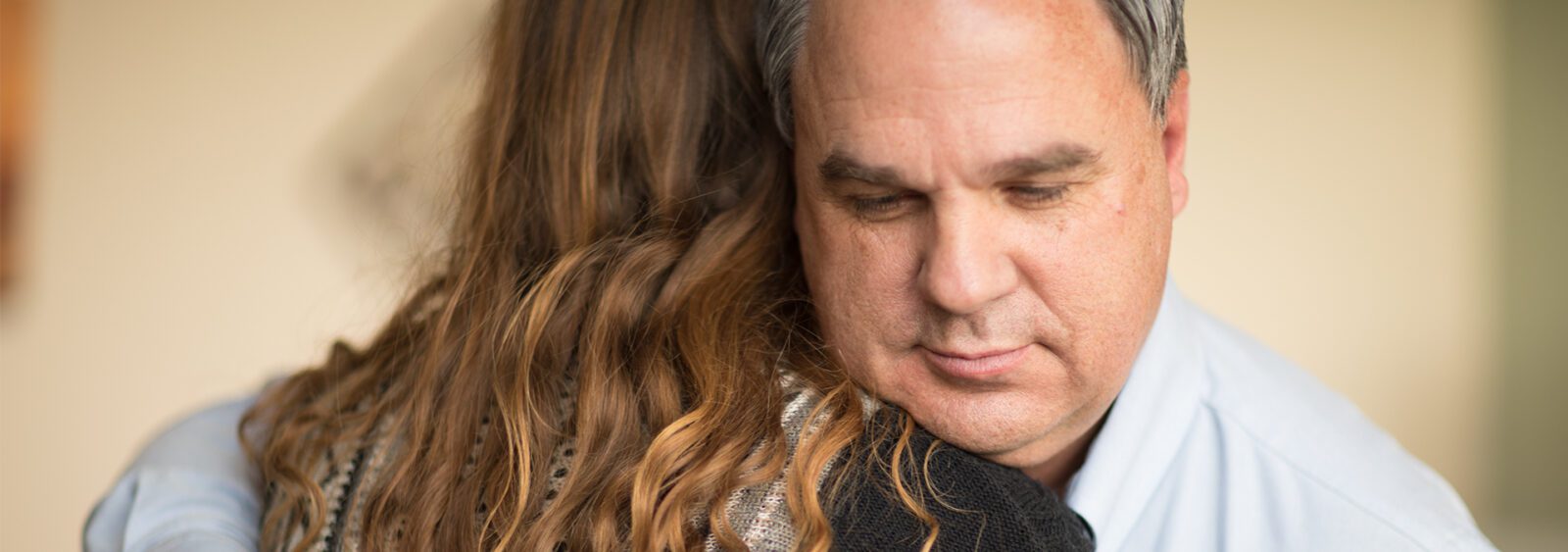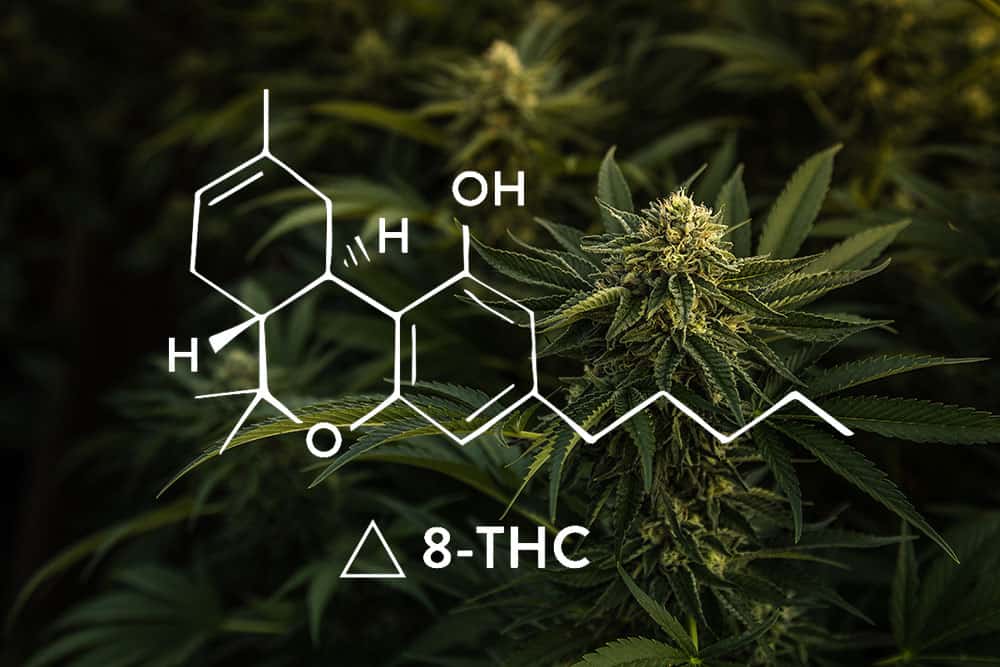A recent study published in Social Psychological and Personality Science, and featured in the Atlantic, confirmed what many parents all over Denver already know: a parent is no happier than their saddest child. Raising a healthy, happy, and successful adult human being is hard! Really hard! There are so many decisions to make for your adolescent that require you to both challenge and support them as they grow into an increasingly independent and capable person. In adolescence especially, things can become even more complex as we have to determine whether we want to decide for our kids or to allow our kids to decide for themselves. Each time, there is both an incredible opportunity for consequence and growth…usually both!
When an adolescent is showing signs that they’re struggling to make good decisions (falling grades, risky behavior, substance abuse, poor peer choice, isolation, etc.), often times there is an underlying, systemic issue – which could include friends, classmates, teammates, family, and other members of the adolescent’s community. An adolescent and the parents may share feelings of shame, inadequacy, grief, anger, or hopelessness, to name a few. While it may be clear that support is needed, it may be much less clear as to what kind of support is the right fit. This confusion may be why, according to the 2013 National Survey on Drug Use and Health, only ten percent of 12-17-year-olds needing substance abuse services ever receive treatment (1).
There is a strong consensus among addiction professionals, well supported by decades of research, that treatment programs involve the family result in superior outcomes, particularly with adolescents (2). This means that more family involvement leads to more significant improvement in treatment and long-lasting, successful outcomes. For struggling teens, when families get involved with the treatment, not only does the teen get the support they need but the parents do, too. Parents can then help sustain the success that their struggling teen finds in treatment long after treatment has ended.
The higher level of success correlated with the family’s involvement would also help to explain the findings of a 2011 study by Schaefer, Conkite, and Hu that found substance abuse clients who participated in an intensive outpatient treatment setting were 20% more likely to remain abstinent from substance use for every consecutive month they continued aftercare (3). Both as a primary care option, and as an aftercare option, it is demonstrated that outpatient programs minimize the disruption of the teen’s system while also providing long-lasting, positive changes for a struggling teen and a teens family.
References
- In 2013, among youths aged 12 to 17, 908,000 persons (3.6 percent) needed treatment for an illicit drug use problem, but only 90,000 received treatment at a specialty facility (10.0 percent of youths aged 12 to 17 who needed treatment), leaving 817,000 youths who needed treatment but did not receive it at a specialty facility. These estimates in 2013 were similar to those in 2012, except that the number and the rate of youths who needed treatment for an illicit drug use problem in 2013 were lower than those in 2012 (1.0 million and 4.2 percent).
- The comparative effectiveness of outpatient treatment for adolescent substance abuse: A meta-analysis (Tanner-Smith, Emily E. et al., Journal of Substance Abuse Treatment , Volume 44 , Issue 2 , 145 – 158)
- Schaefer, J. A., Cronkite, R. C., Hu, K. U. (2011). Differential relationships between continuity of care practices, engagement in continuing care, and abstinence among subgroups of patients with substance use and psychiatric disorders. Journal of Studies on Alcohol and Drugs, 72, 611-621.
About Sandstone Care
Sandstone Care is a Denver, Colorado-based treatment program for young adults and adolescents struggling with substance abuse and co-occurring disorders. Sandstone Care offers a full continuum of outpatient care including Extended Care, Day Treatment, Intensive Outpatient, and General Outpatient Programs for young adults (ages 18-30) and adolescents (ages 13-18). Sandstone Care believes that successful outcomes are achieved through a systemic, evidence-based approach that addresses the entire individual as well as their environment – this means providing academic & vocational support to help individuals achieve their goals and discover their strengths, family participation to educate and support the entire family system, psychiatric and dietitian evaluations and support to promote a healthy mind and body, as well as community-based activities along with the more traditional evidence-based group and individual therapy. If you or a loved one needs additional support, call our confidential line, at 888-850-1890 or fill out the form on our website, and our admissions team will be able to answer any questions as well as guide you and your loved ones toward the path of long-lasting recovery. For more information, visit sandstonecare.com.




